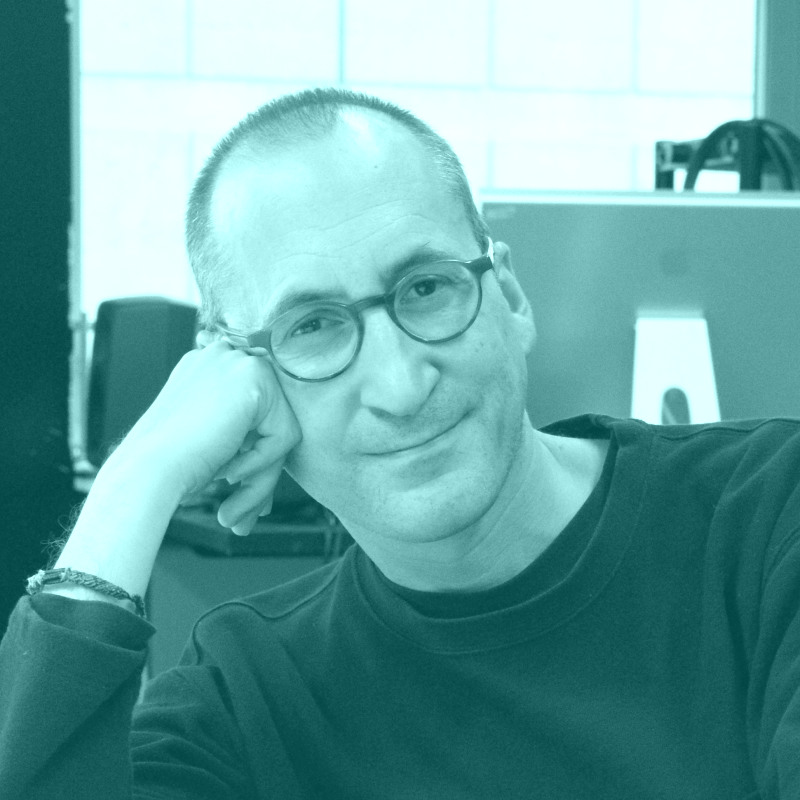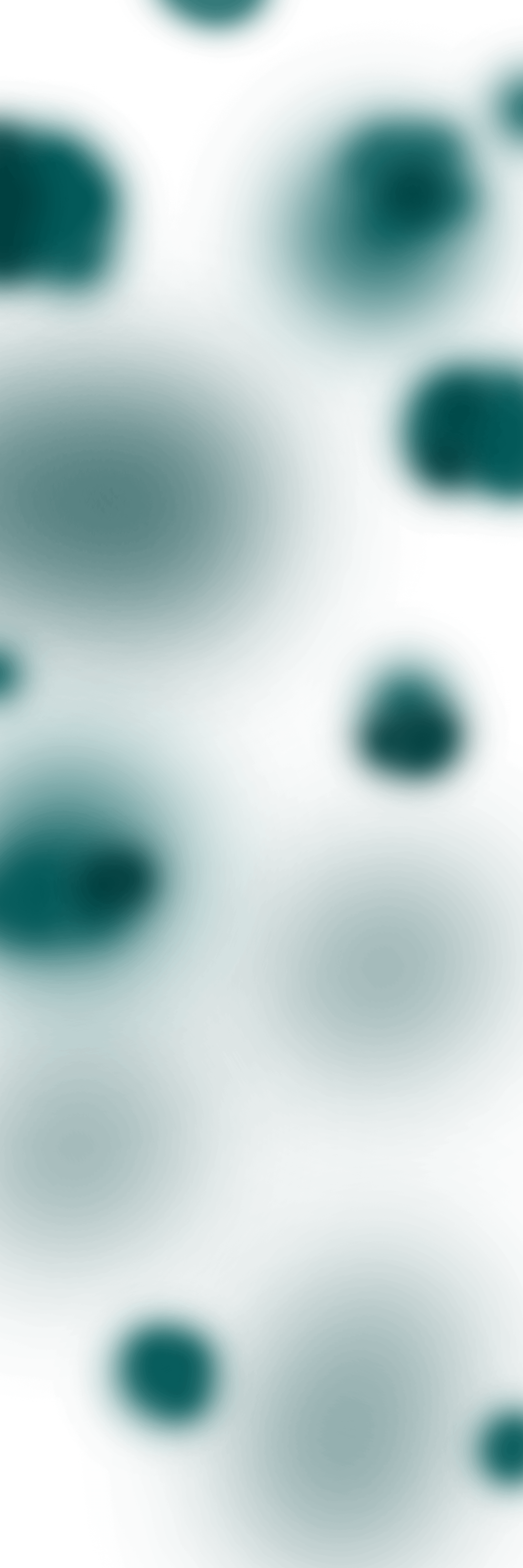Chris Salter is an artist, Full Professor for Design + Computation Arts at Concordia University in Montreal and Director of the Hexagram Concordia Centre for Research-Creation in Media Arts and Technology. He studied philosophy, economics, theatre and computer music at Emory and Stanford Universities. After collaborating with Peter Sellars and William Forsythe/Ballett Frankfurt, he co-founded and directed the art and research organisation Sponge (1997-2003). His solo and collaborative work has been seen all over the world at such venues as the Venice Architecture Biennale, Ars Electronica, Barbican Centre, ZKM, Berliner Festspiele, Wiener Festwochen, Musée d’art Contemporain, LLUM BCN 2020, EMPAC and Transmediale, among many others. He is the author of ‘Entangled: Technology and the Transformation of Performance’ (MIT Press, 2010) and ‘Alien Agency: Experimental Encounters with Art in the Making’ (MIT Press 2015). His new book ‘Sensing Machines: How Sensors Shape our Everyday Life. On human and machine sensing’ will be published by MIT Press in 2022.
Sensing and Hacking the (Soft) Self
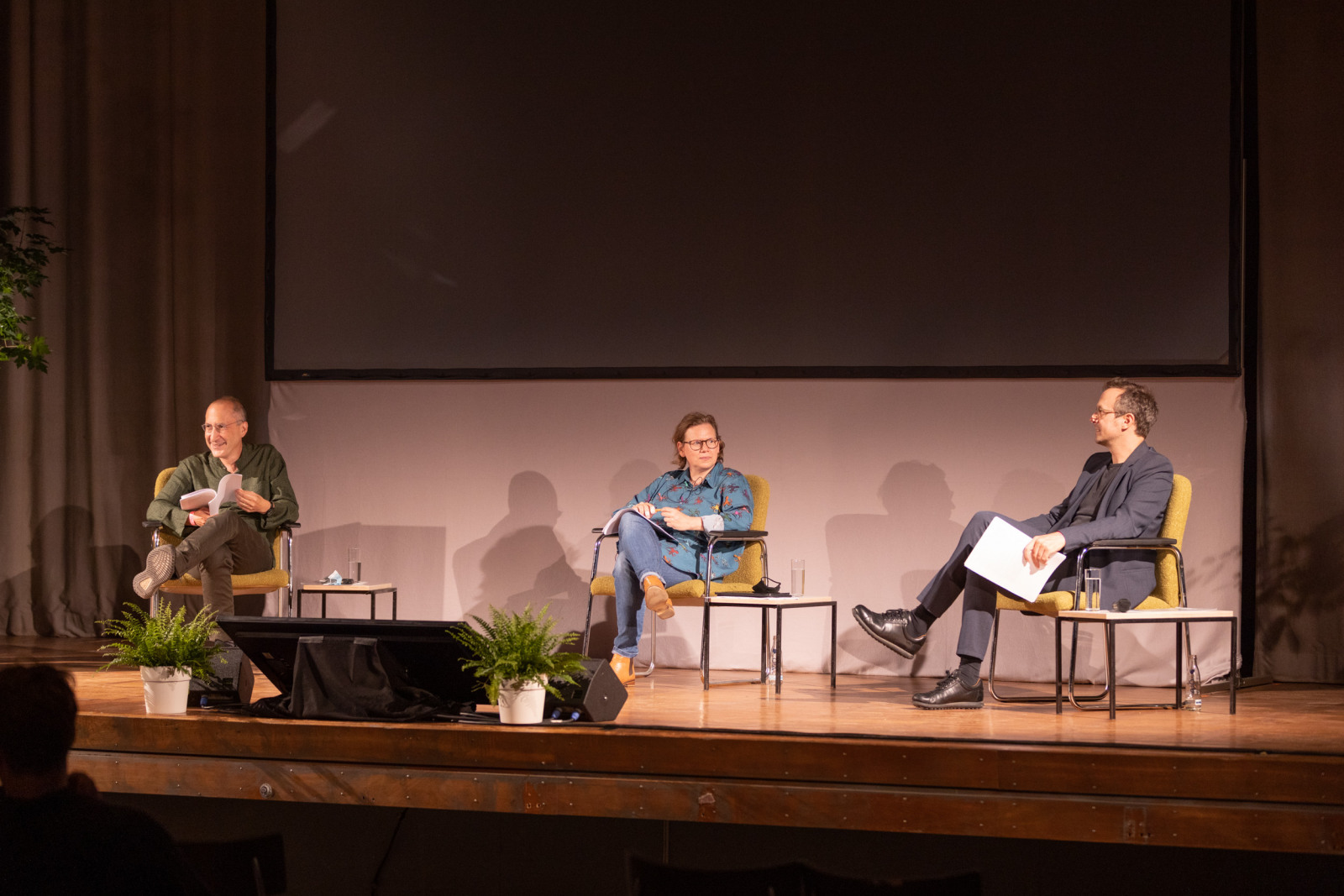
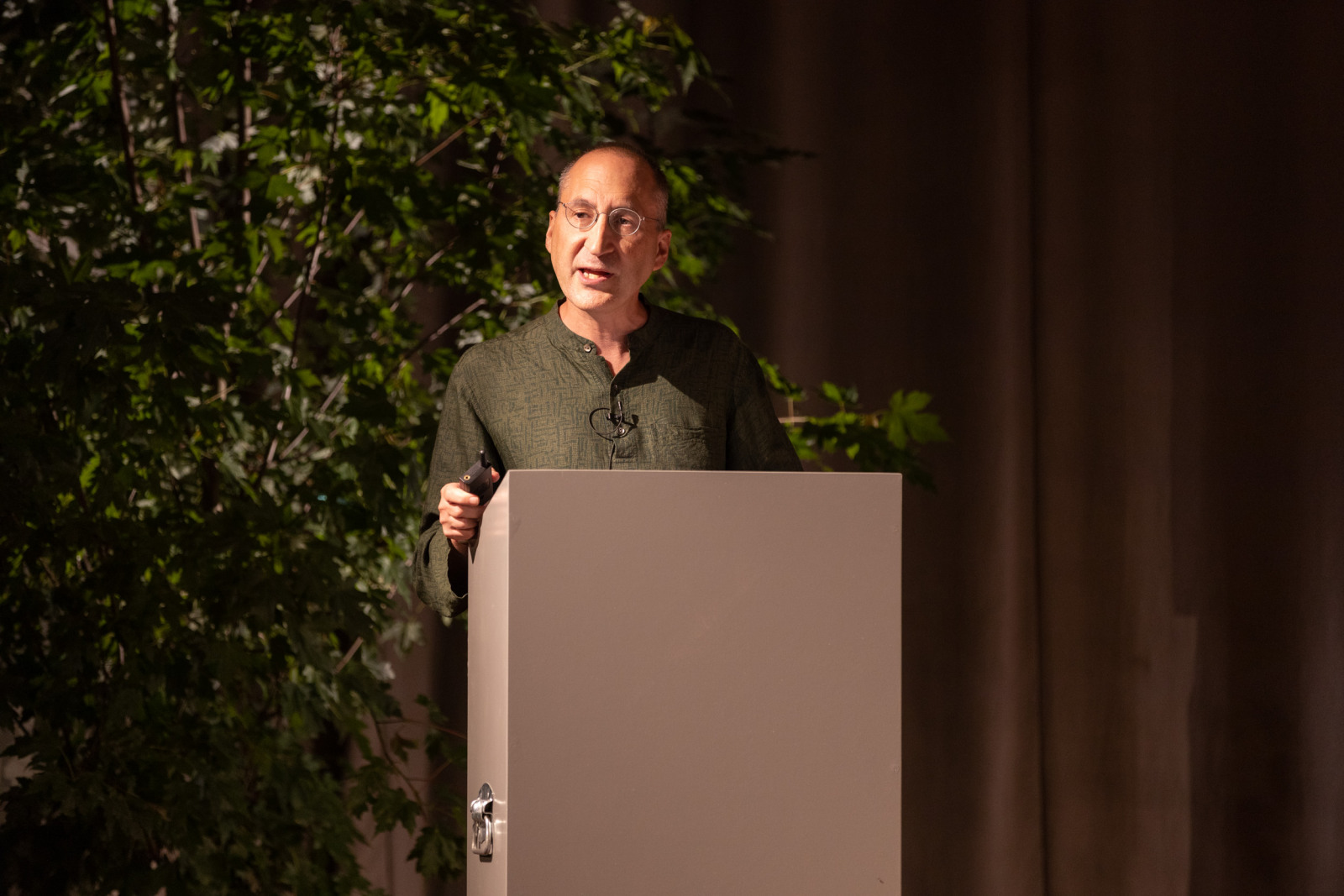
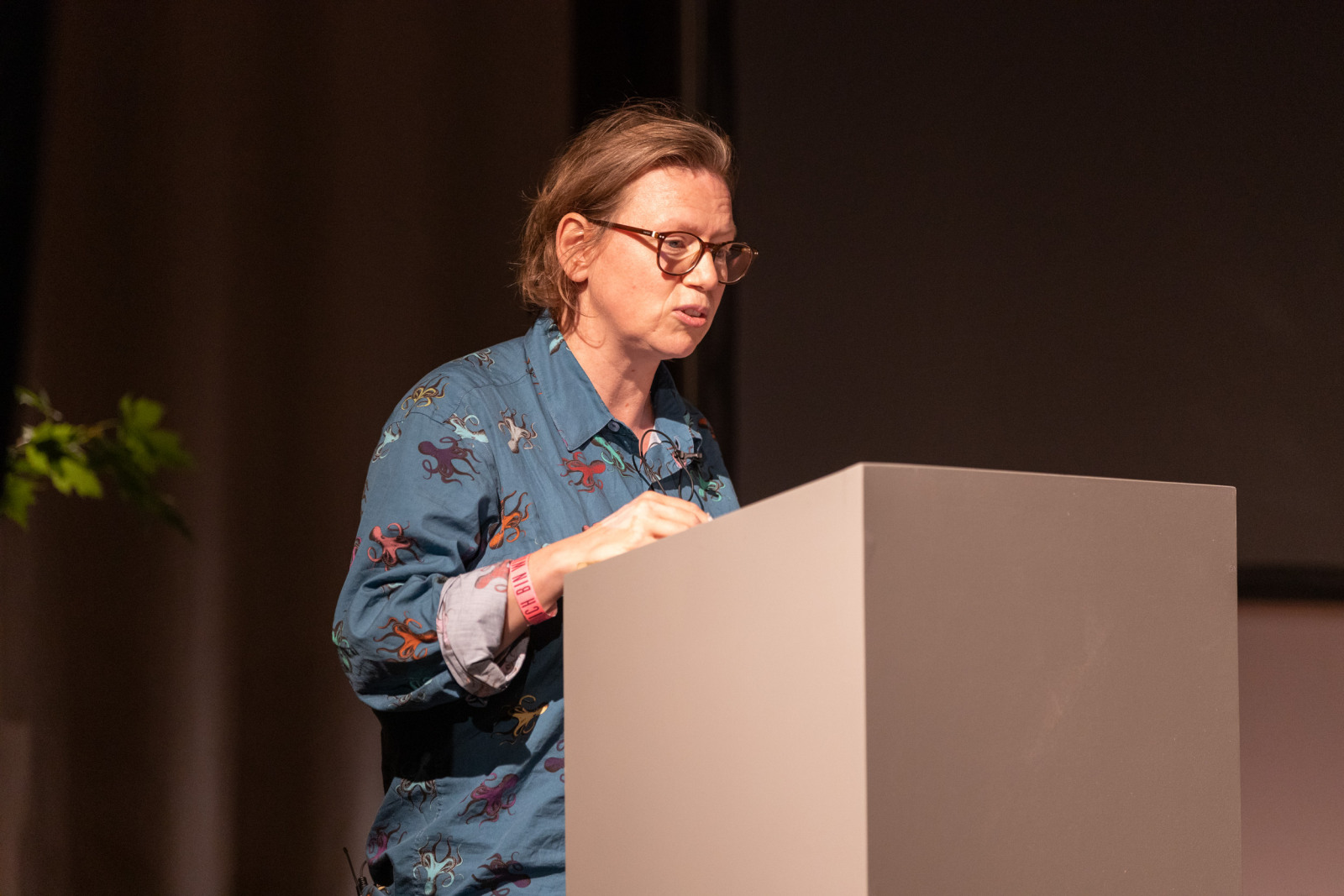
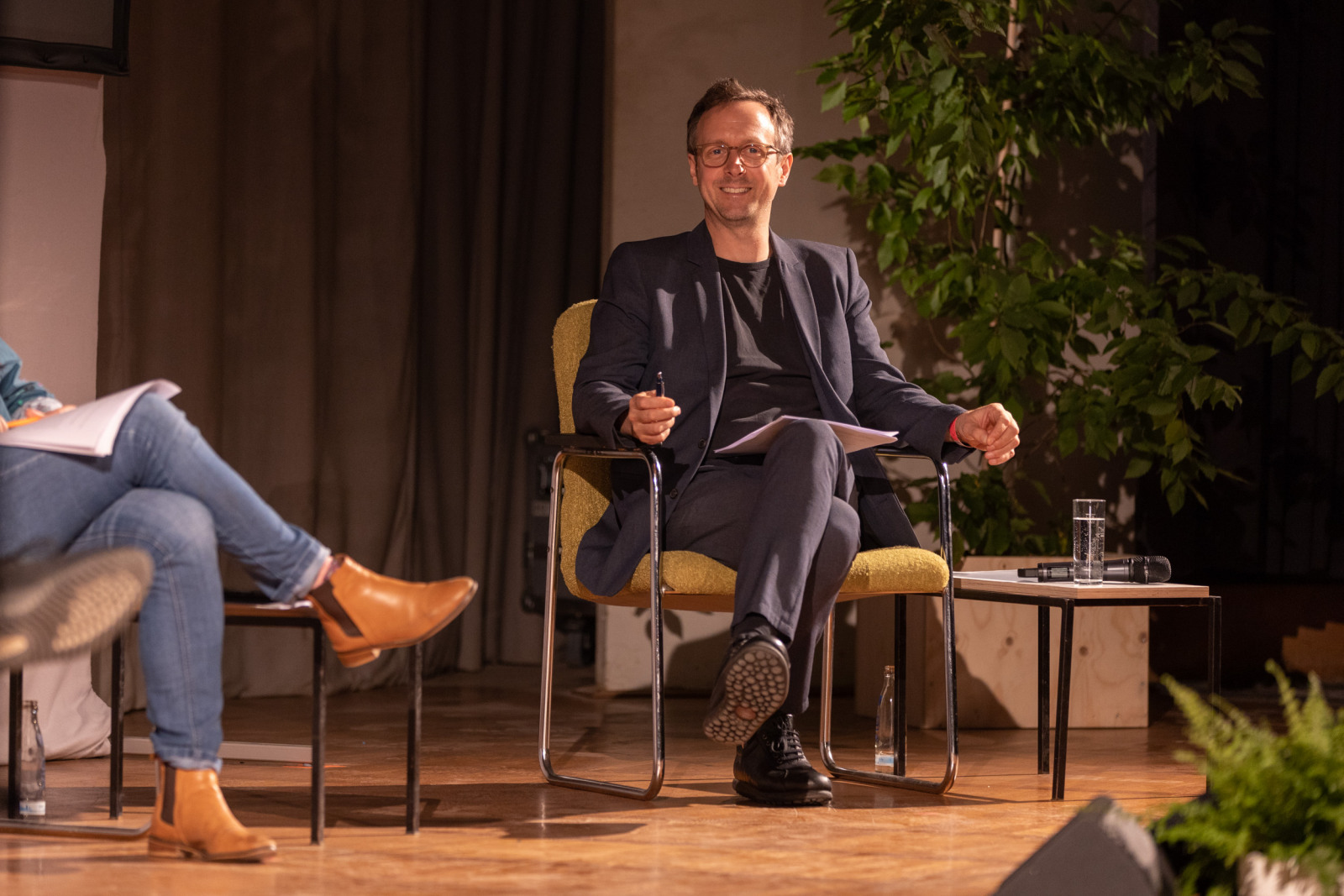
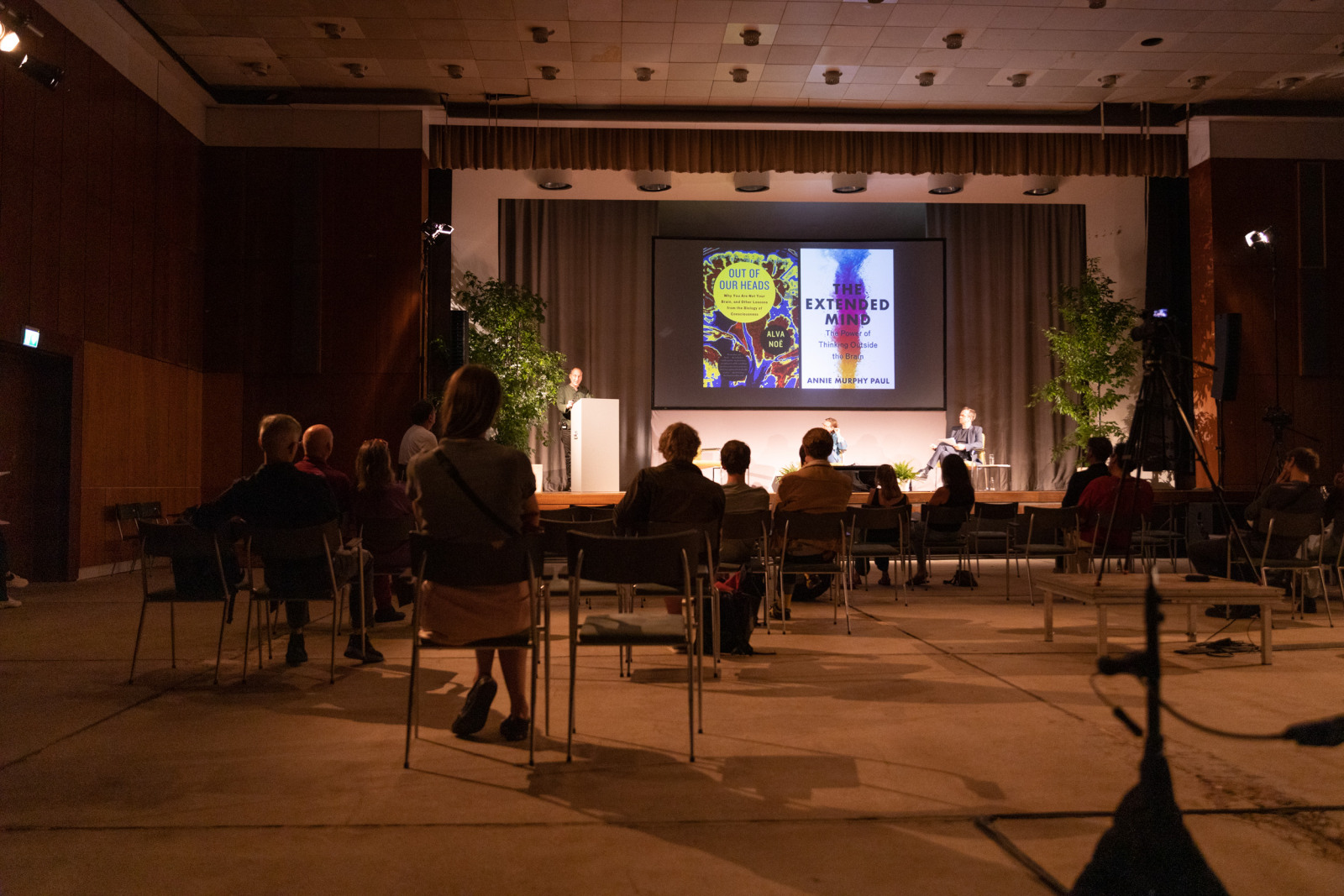
Keynote Lecture with Chris Salter (CA), followed by a response by Karin Harrasser (AT), moderated by Christoph Engemann (DE)
With the help of digital technologies such as sensor technology and machine learning, new applications for computing and modelling, stimulating and controlling sensory perceptions are constantly emerging. The sensory subject and its increasingly "sensory aware" technological environment are becoming blurred. However, the idea of such a "sensory coupling" of humans and technology is not new, but goes back over 150 years.
Gustav Fechner, a trained physician who would become a major force in the emerging sciences of psychology and physiology in the 1840s, is one of first scientists to propose an idea far ahead of its time; one with radical implications for how we view sensing and perception in relation to man-made machines. Fechner's scientific theory, called psychophysics, a “theory of the relationship between body and mind,” aimed to establish a measurable connection between two spheres that had long remained separate: the material, physical and the mental, psychological universe. Today psychophysics is very much alive in the most unimaginable places: in corporate research laboratories developing the latest wireless speaker system or VR headset or in startups producing sensorcontrolled wearables.
In his keynote, Chris Salter – author of the upcoming book ‘Sensing Machines: How Sensors Shape our Everyday Life’ will demonstrate that sensory perception cannot only be quantified using mathematics, but such a theory can also be turned into a design strategy to create an inseparable link between sensation, action and perception for our new extended realities. Karin Harrasser (author of ‘Körper 2.0. Über die technische Erweiterbarkeit des Menschen’) will react to his thoughts in a comprehensive response.
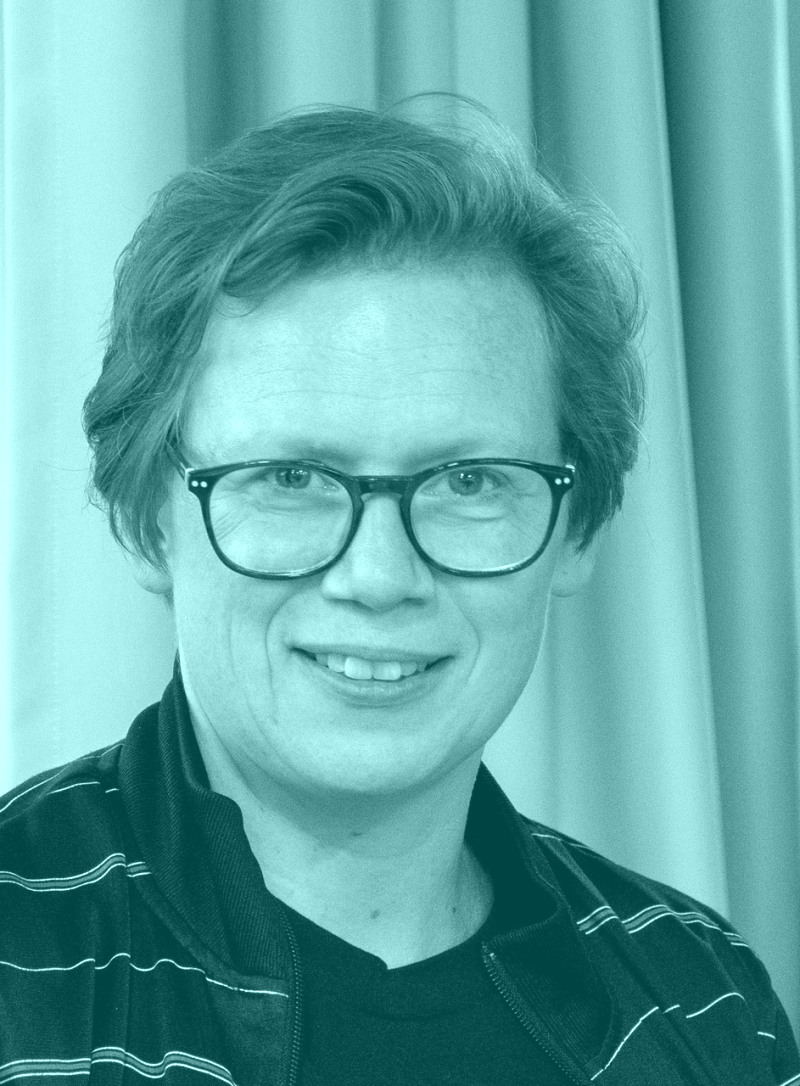
Karin Harrasser is Professor of Cultural Studies at the University of Art and Design Linz and Vice Rector for Research. After studying history and German language and literature, she received her doctorate in 2005 with a dissertation on the narratives of digital cultures at the University of Vienna. This was followed by a research assistant position at the Academy of Media Arts Cologne and various guest professorships in Germany and Colombia. Thereafter, her habilitation at the Humboldt University of Berlin was on ‘Prostheses. Figures of wounded modernity’ (published 2016 by Vorwerk 8 Berlin). In addition to her academic activities, she has been involved in various artistic-curatorial projects, e.g. at Kampnagel Hamburg, Tanzquartier Wien or with MAPA Teatro and the Colombian Truth Commission in Bogotá. Together with Elisabeth Timm, she is editor-in-chief of Zeitschrift für Kulturwissenschaften. She is currently working on two publications on transatlantic linkages: A book on asymmetric cultural transfer in connection with the Jesuit mission in Bolivia and a book on the father-daughter relationship between Hans and Monika Ertl as a network of symptoms of globalised contemporary history.
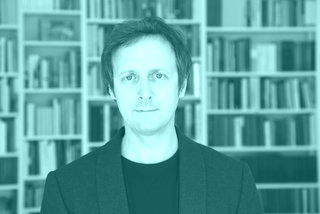
Christoph Engemann ist Medienwissenschaftler an der Bauhaus-Universität Weimar mit einem Schwerpunkt auf den durch Digitalisierung bewirkten gesellschaftlichen Veränderungen. 2018 erschien der von ihm und Andreas Sudmann herausgegebene Band Machine Learning – Medien, Infrastrukturen und Technologien der Künstlichen Intelligenz.

